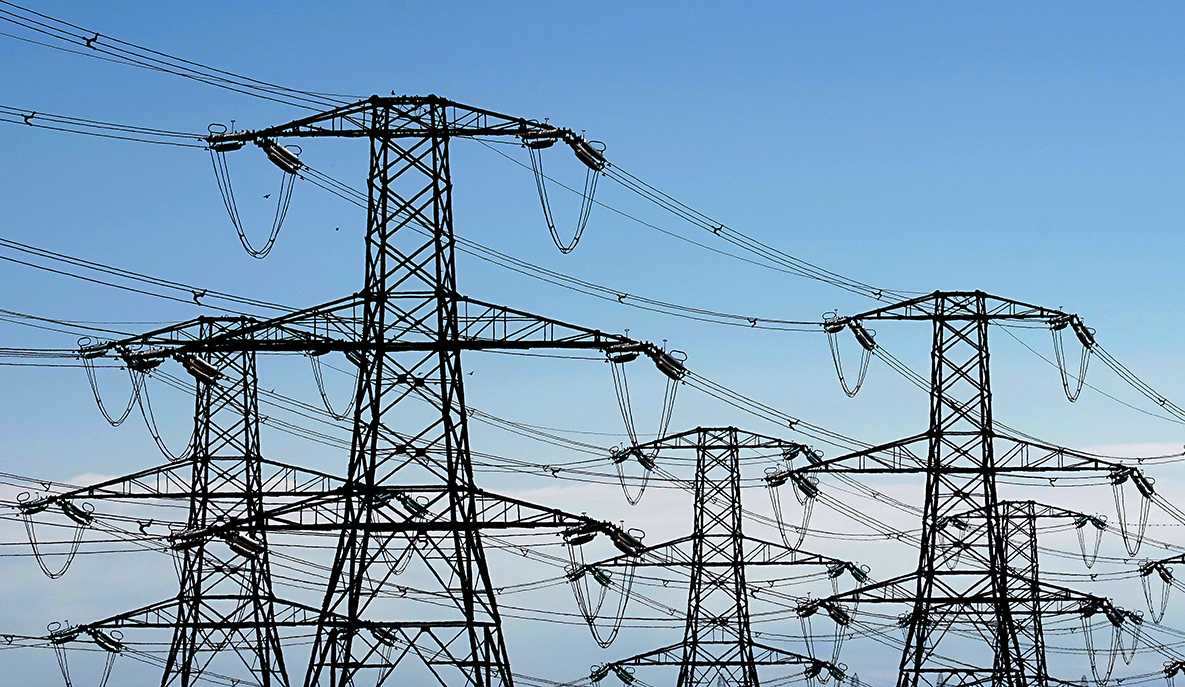BRITAIN is “critically vulnerable” to another energy crisis that would see prices spike again, a commission has warned.
The Energy Crisis Commission (ECC), which includes representatives from Citizens Advice and Energy UK, found that Britain was “dangerously underprepared” for the energy crisis, and was one of the worst-hit countries in Europe.
It said there had been sluggish progress in upgrading housing stock, delays to new-build efficiency standards and missed opportunities to expand renewable energy projects, for which bill payers paid the price.
The commission stated that support schemes were poorly targeted, leaving the most vulnerable households struggling and driving up national debt.
It found that nine in 10 had cut back their energy use while 7.5 million were plunged into fuel poverty.
Citing global instability as a major factor behind the price shocks, Energy UK deputy chief executive Dhara Vyas underlined the need to prevent a repeat through investing in domestic clean power.
Gillian Cooper of Citizens Advice said that under-preparedness and missed opportunities helped drive the energy crisis.
She said: “Sluggish action on green upgrades, supplier failures, poor practices like forced prepayment meter installations, and inaction on targeted bill support has left millions of households feeling the devastating impacts of the crisis firsthand.
“Targeted bill support must be brought in to make sure households are able to keep their heads above water this winter and beyond.”
End Fuel Poverty Coalition co-ordinator Simon Francis said: “With energy bills still 60 per cent higher than they were at the start of the energy crisis and fuelled by unstable gas markets, it is essential that the government learns the lessons from the current energy crisis.”
Research by the coalition found that 20 energy companies have raked in £457 billion in profits since the start of the energy bills crisis in 2020.
Mr Francis called on the government to “get on with” insulating homes and to continue its drive to ramp up renewable energy and end Britain’s reliance on volatile gas.

